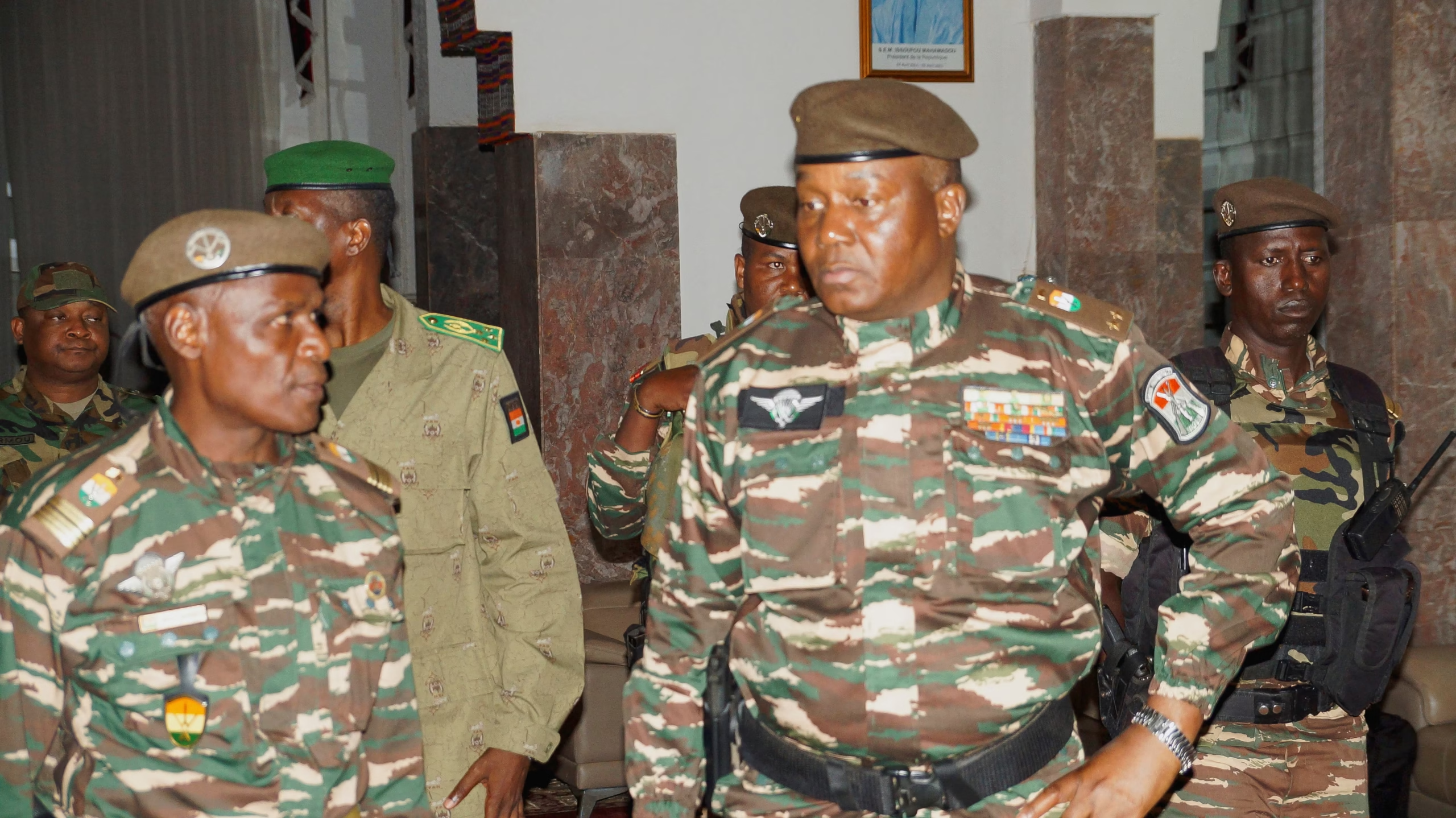
The Tsinga neighbourhood of Yaoundé was transformed into a sea of flags, chants, and political slogans on 3 October 2025, as thousands of Cameroonians gathered to rally behind Issa Tchiroma Bakary, the leading opposition candidate in the upcoming presidential election.
The show of force marked the official launch of his campaign ahead of the 12 October vote — an election many believe could reshape Cameroon’s political future.
Addressing the crowd, Tchiroma Bakary delivered a fiery speech that left little room for ambiguity.
“The current occupants of the Etoudi presidential palace can begin preparing for their departure,” he declared, vowing that “power will return to the people after the election.”
His remarks come at a pivotal moment in Cameroon’s political history. Incumbent President Paul Biya, now 92 and in power for 43 years, is seeking another term, despite growing public fatigue with his decades-long rule.
Tchiroma Bakary, leader of the National Front for the Salvation of Cameroon (FNSC), is campaigning on a platform centred on a new model of governance. His vision prioritises transparency, structural reforms, and policies designed to address everyday challenges faced by citizens.
The campaign trail has already taken him through key regions. On 21 September, he addressed supporters in Ngaoundéré, Adamawa, urging them to “make a choice at the ballot box that can usher in a new era.” Three days later, he drew large crowds in Bafoussam, in the West Region, further consolidating his national appeal.
At the heart of his political programme are six pillars: national reconciliation, a full audit of state institutions, constitutional reform, recognition of dual nationality, increased participation of youth and women in governance, and universal access to electricity and the internet. Tchiroma Bakary, 76, has pledged a single transitional mandate to “lay the foundations of a new Republic.”
His campaign has gained traction among civil society groups and opposition figures. Notably, several members of the Cameroon Renaissance Movement (MRC) have endorsed him, including Anicet Ekane, president of MANIDEM, and Professor Jean Calvin Aba’a Oyono. The Cameroonian diaspora is also rallying behind him, with FNSC’s French branch hosting a support conference on 4 October.
Tchiroma Bakary’s past as a minister under Paul Biya — he resigned from government in June to enter the race — remains a contentious point. Critics accuse him of political opportunism, while supporters argue that his insider experience makes him uniquely positioned to lead reform.
With less than two weeks to go before polling day, Cameroon’s opposition remains divided, with Tchiroma Bakary and Bello Bouba Maïgari heading separate coalitions. Still, the growing momentum behind the FNSC candidate has positioned him as the leading challenger to Biya’s decades-long rule.
For many Cameroonians, the election represents more than a change of leadership — it is a potential turning point for the nation’s future. “There is no doubt that Issa Tchiroma is now the leader of the opposition in Cameroon,” said Frank Lontsi, a 32-year-old civil engineer at the Yaoundé rally.
On 12 October, voters will head to the polls in a contest that could mark the beginning of a new chapter in Cameroon’s political story.



